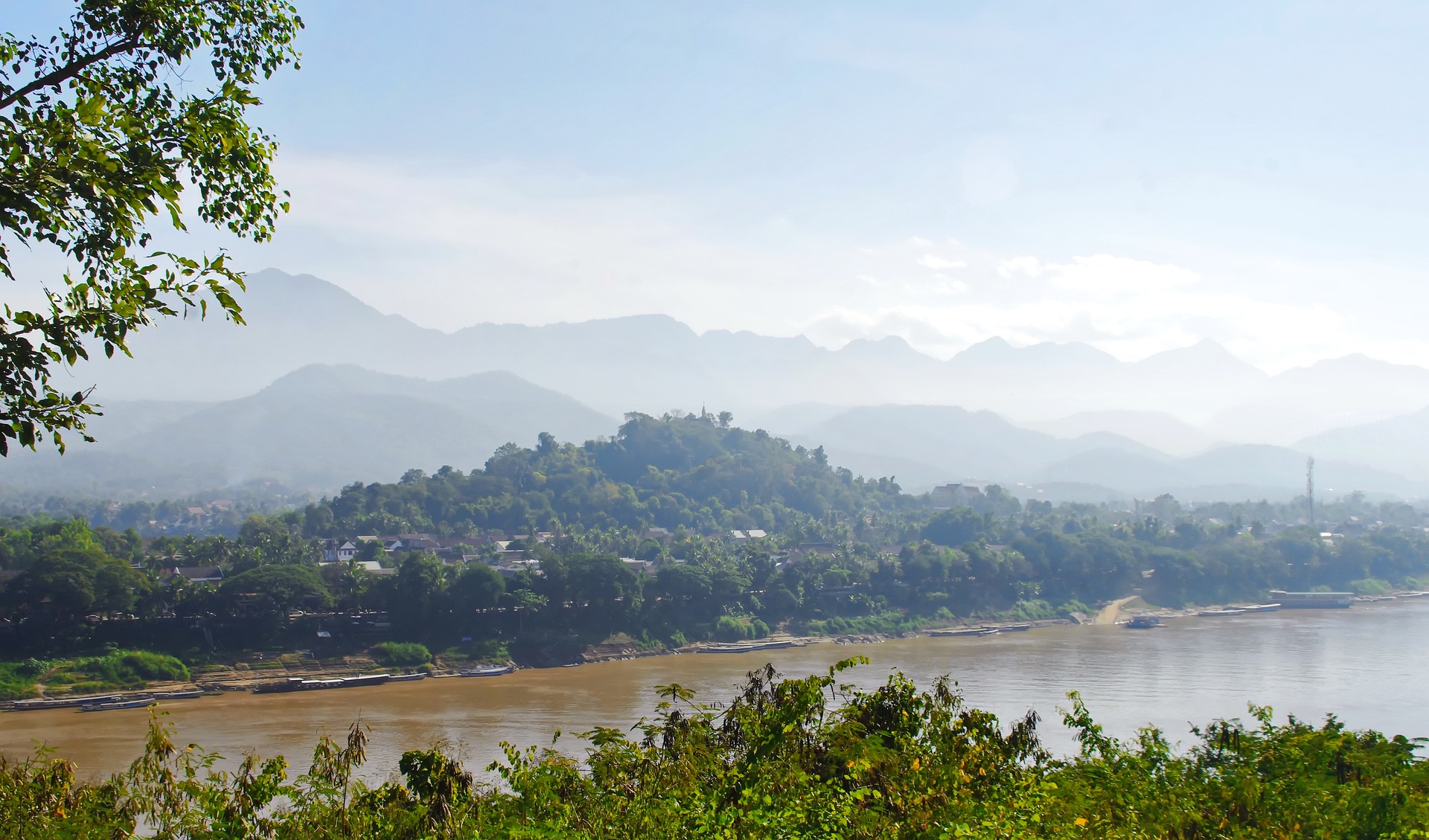Environmental situation Economic growth at the expense of the environment
Moreover, the construction of hydropower stations on the Mekong River has led to some disagreements with the country's downstream neighbours Viet Nam, Cambodia and Thailand, which fear drawbacks for their fisheries and agriculture. Environmentalists are warning of incalculable risks for the ecological balance in the region.
As part of a regional programme, Germany assists the Mekong River Commission (which was set up by Viet Nam, Laos, Cambodia and Thailand) in developing joint strategies and guidelines for sustainable water resource management and adaptation to climate change. This includes the development of a common early warning system for floods and droughts.
Loss of soil and forests
For a long time, the government pursued a “land-to-capital” strategy, which robbed many smallholder families of their livelihoods and led to considerable environmental damage. For example, the use of large amounts of pesticides and fertiliser at plantations (which are often run by foreign investors) has led to massive land degradation.
According to FAO figures, forest loss in Laos was 34,500 hectares per year on average between 2010 and 2020, the main causes being illegal logging, the construction of dams and roads, and the establishment of rubber and banana plantations. In its latest Development Plan, Laos has set itself the goal of bringing the share of forest area back to 70 per cent by 2025 through reforestation efforts. According to this document, forests currently cover 62 per cent of the country's area.
A policy of “green growth”
Progress in developing the country will essentially depend on how well Laos succeeds in balancing economic growth with the sustainable use of environmental resources, and in ensuring that the growth is pro-poor. The country has now committed itself to a policy of “green growth”. It has ratified the Paris Agreement and adopted ambitious Nationally Determined Contributions (NDCs).
As at: 15/02/2023
